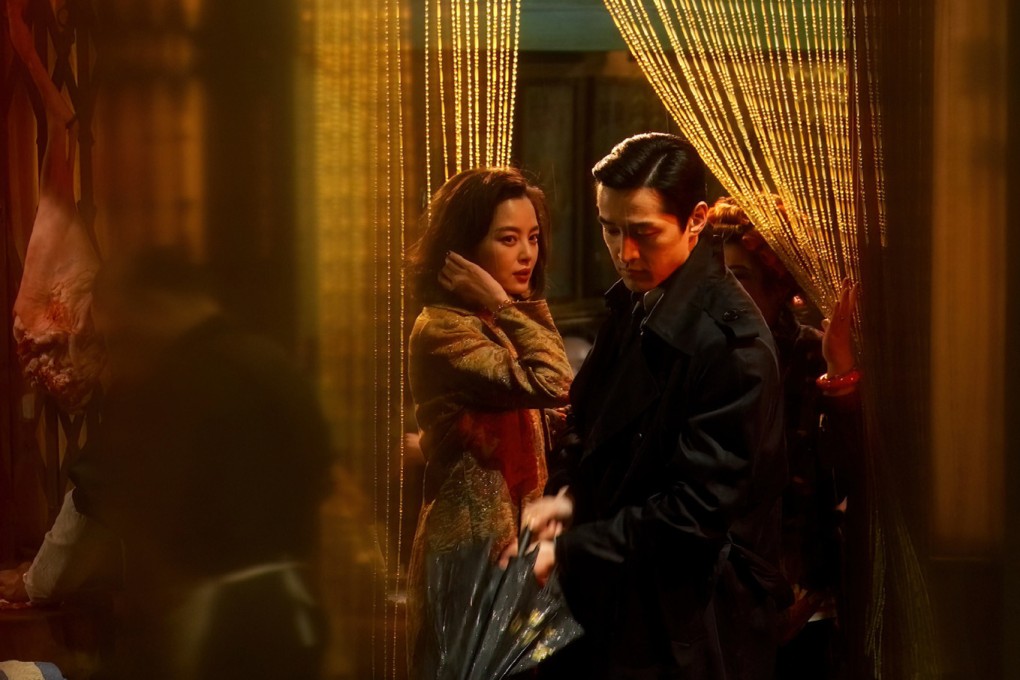Letters | Wong Kar-wai’s Blossoms Shanghai is a kiss of life to a declining dialect
- Readers discuss the Hong Kong auteur’s first foray into television, the fortunes of TVB, appropriate dress for young women, and what Hong Kong officials should do with their time

The Shanghai dialect used to be heard in many parts of China, as the Shanghainese diaspora spread, but the vernacular has been on the wane – until now.
Based on a novel of the same title, Blossoms is a magnificent saga of the heady days of the 1990s, when China’s economy was opening up and the bold and foolhardy were rushing to make fast money from nascent stock markets. In particular, it is an engrossing story of Abao, a young man in Shanghai who transforms himself into Boss Bao with the guidance of a wise old businessman.
Blossoms is also a tale of two cities, Shanghai and Hong Kong. Around 1949, when the Nationalist government was defeated in the civil war, the rich and the not-so-rich migrated from Shanghai to Hong Kong in large numbers. Wong himself was five when he left Shanghai with his parents. In Blossoms, it so happens that Boss Bao has an older brother in Hong Kong.
Boss Bao was raised in Shanghai’s former French Concession, somewhere between roads that were once named for Moliere and Pierre Corneille, the great writers of French comedy and tragedy respectively. Shanghai, too, has had its share of laughter and tears. The bronze Pushkin featured in a sentimental scene in Blossoms was erected in 1937, destroyed during World War II, rebuilt in 1947, destroyed again in 1966 and rebuilt yet again in 1987.
